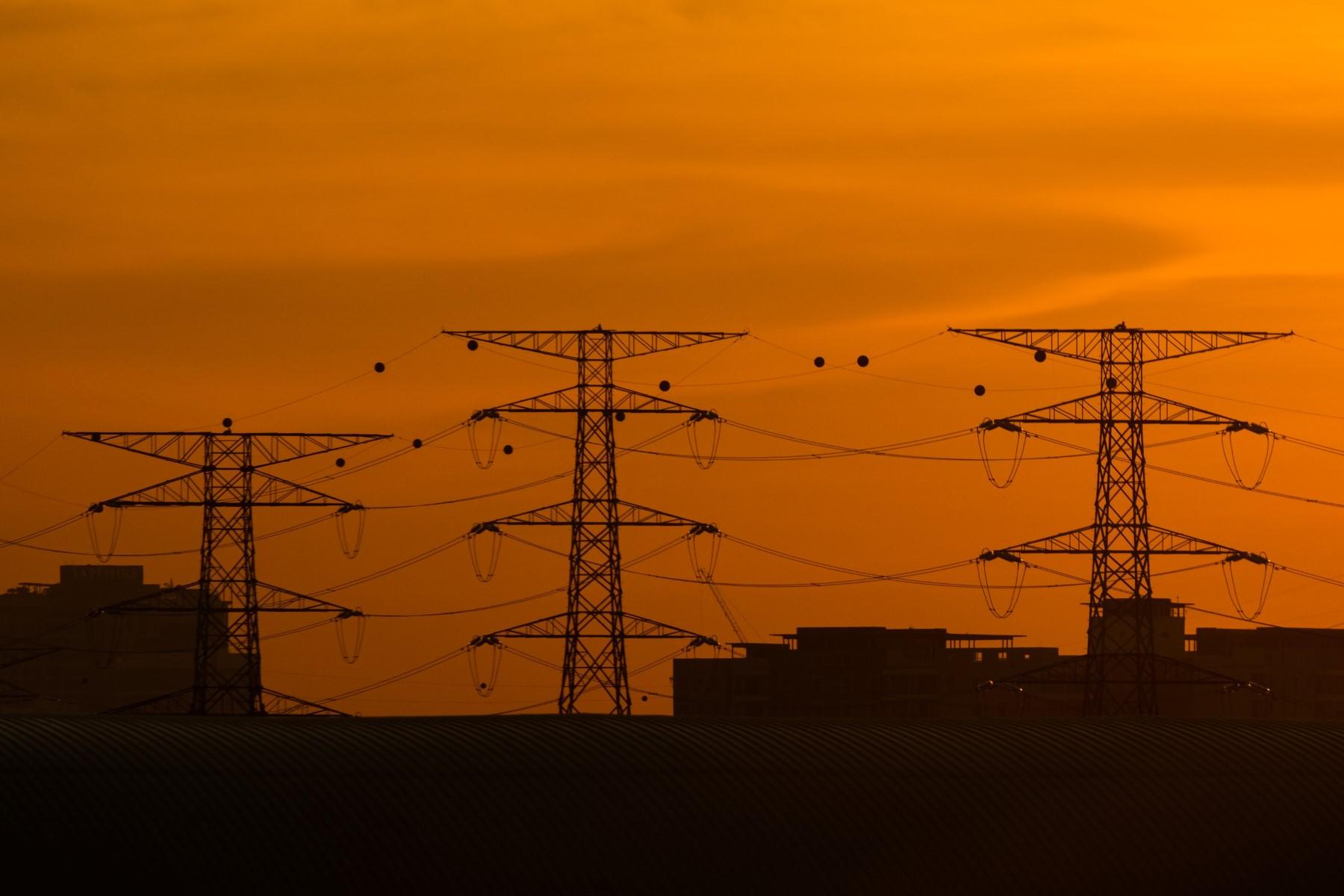Is Malaysia ready to leave coal behind in renewable energy push?
The country still relies on coal resources with very little invested in alternative renewable energy.
Just In
For decades, Malaysia has relied on coal resources to generate electricity throughout the country.
As of 2020, nearly 66% of the electricity generate in the peninsula by Tenaga Nasional Bhd (TNB) was from imported coal.
For this, Malaysia depends mostly on Indonesia (63%), Australia (24%), Russia (11%) and South Africa (2%).
This dependence has had an impact on the economy and environment, and is capable of affecting the ringgit value.
The irony is that Malaysia itself is known for its rich natural resources, high annual rainfall and abundant solar energy.
Environmental expert Andrew Sebastian believes that these resources should be fully utilised to boost the country’s energy policy for the sake of future sustainability.
“Our country is blessed with an abundance of rain and solar energy,” he told MalaysiaNow.
“We have to use our naturally given resources to power our energy policy and our energy needs for the future. Supplementing renewable energy and having a clear plan and incentivising developers and local governments to embrace renewable energy is something that we cannot avoid.”
It is understood that TNB will import 374 million metric tonnes of coal worth RM150 billion up until 2030.
While the government has stated that it will no longer build coal-fired power plants, the value of such imports will have a sizeable impact, especially on the environment and national expenditure.
Prime Minister Ismail Sabri Yaakob recently said that focus should be placed on the generation of clean and environmentally friendly electricity.
He said this could allow Malaysia to become a carbon neutral country by 2050.
But Sebastian said the country still needs to consider the effects of existing coal use.
He said the government and the relevant stakeholders should understand that coal generation causes the emission of greenhouse gases which contributes to climate change.
“It’s not just our country, not just locally but globally as well,” he added.
“This is something that Malaysia has to take serious note of because we must be part of the solution. We have international commitments to keep our greenhouse gases in check and to lower emissions.”
Rising coal prices
Nearly 93% of electricity in the peninsula is generated using coal and natural gases.
Statistics from the energy commission show that there are 47 power stations in the peninsula: six coal-fired power plants, 14 large-scale solar power plants, 16 gas turbine power plants and 11 hydro power plants.
With coal prices rising at the global level, the country’s power generation industry is expected to come under increasing pressure.
The price of coal hit a high of US$270 per tonne in October 2021 and stood at US$203 per tonne as of Jan 10.
These developments came as demand for coal peaked in 2021 while supply remained limited.
Sebastian said Malaysia’s economic dependence on fossil fuels meant that the country did not have many coal factories to meet its energy needs.
“And very little has been invested in alternative renewable energy,” he added.
“This is the flaw in our national energy policy. This is the gap that we need to make up for, because the world is moving towards low carbon and away from dependence on fossil fuels.
“If Malaysia is not ready, we will suffer the socioeconomic consequences.”
He cited a study in 2017 showing that renewable energy only represented 3.5% of Malaysia’s electricity generation mix.
“There needs to be a big shift in the use of renewable energy as a way for our country to move forward,” he said.
Subscribe to our newsletter
To be updated with all the latest news and analyses daily.
